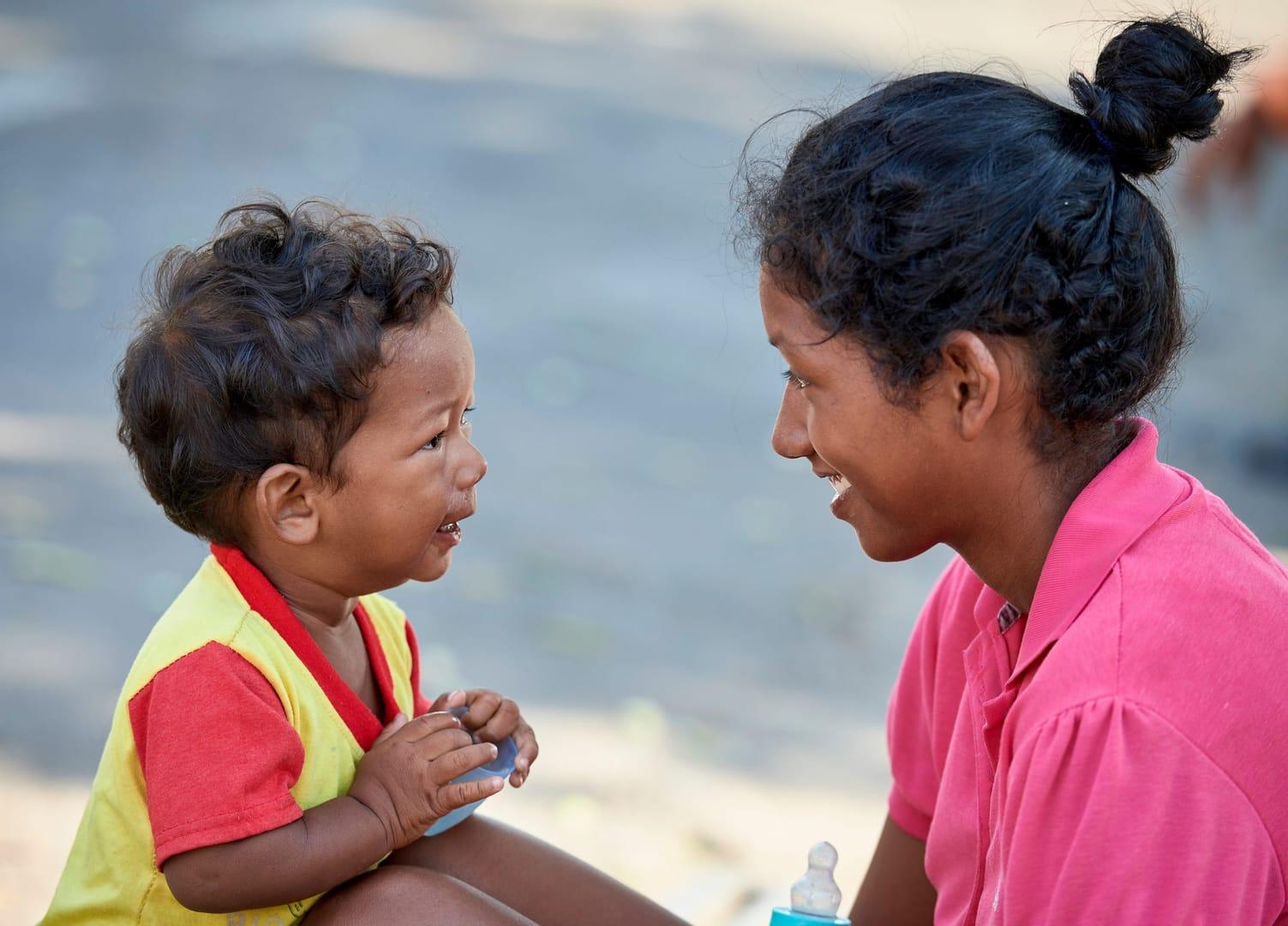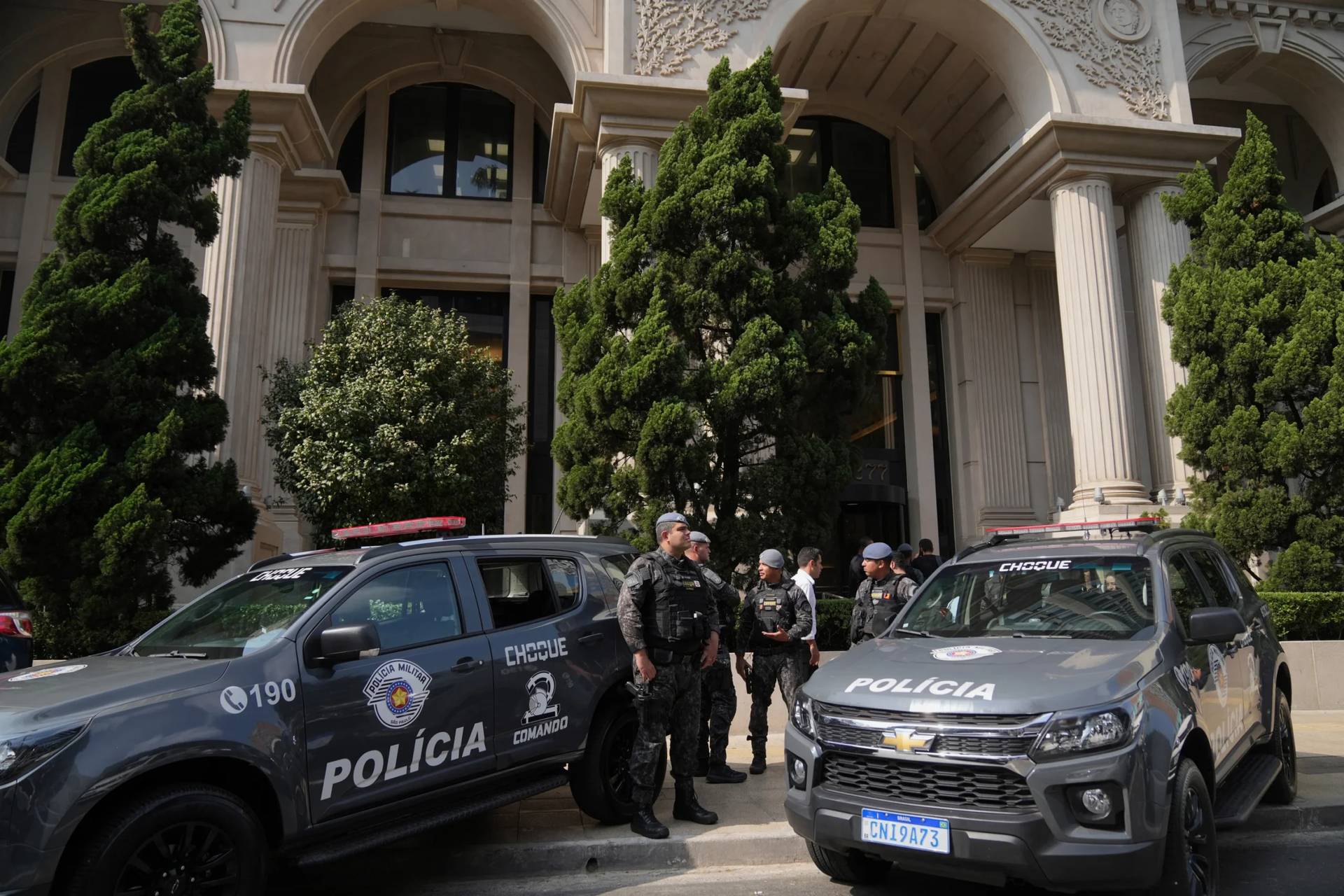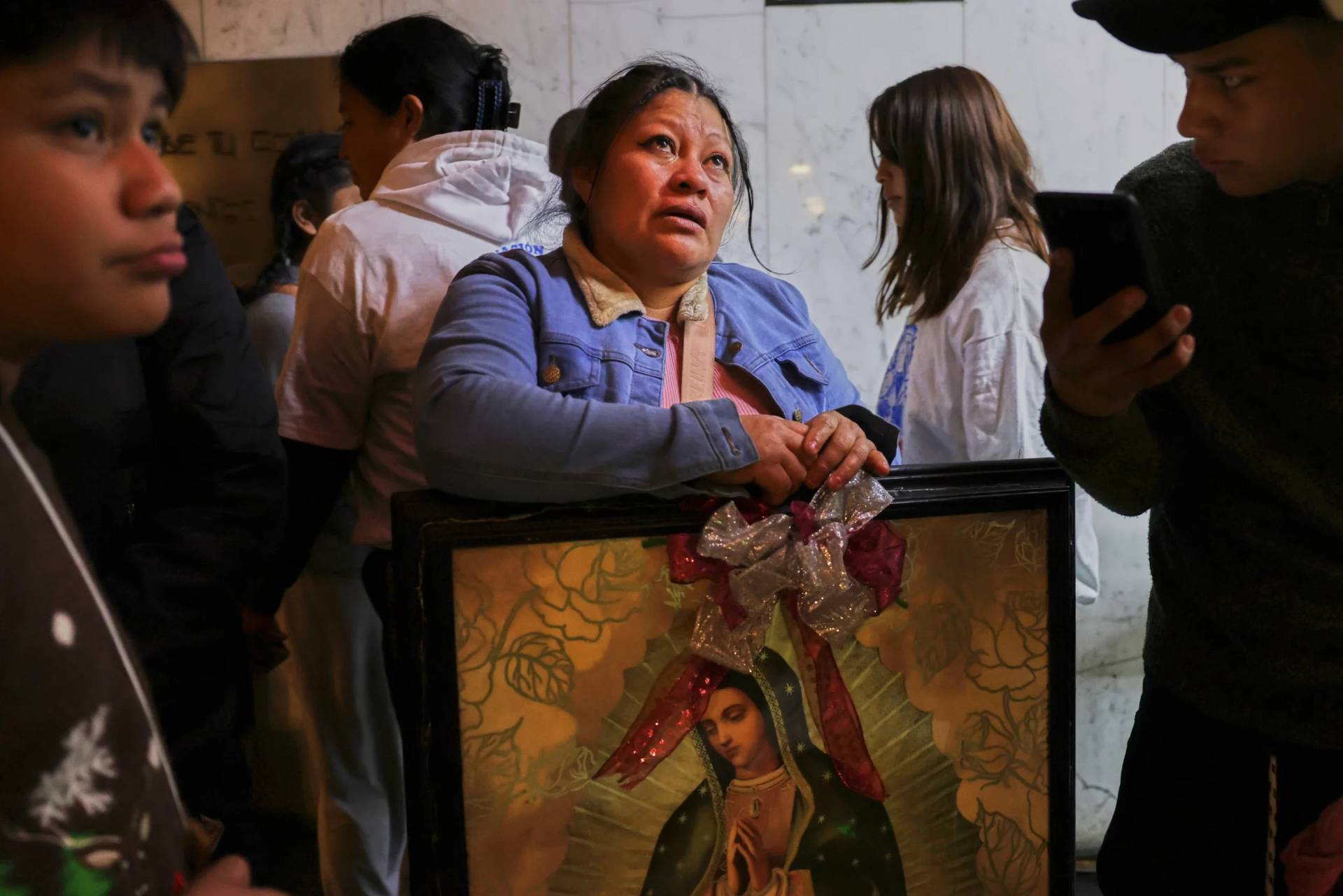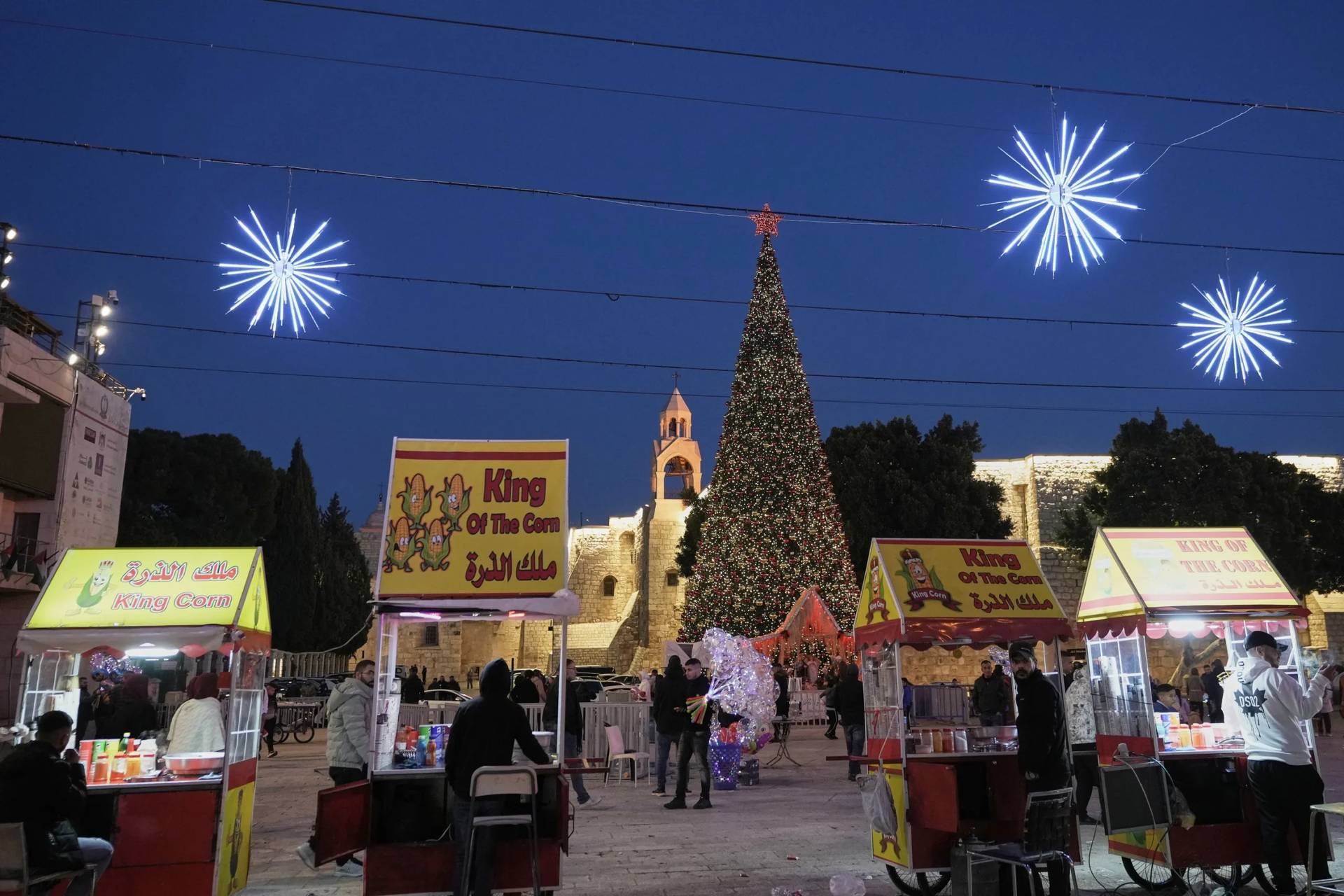ROSARIO, Argentina — There was no “bang” when most of Latin America rang in the New Year due to restrictions caused by the COVID-19 coronavirus pandemic, but in Venezuela, Mexico, and Brazil, 2021 brought “new” concerns.
Venezuela, a missing girl and a wider problem
The year began in the worst possible way for the Maldonado Roa family: Four-year-old Anthonela was kidnapped from her uncle’s arms on January 1 and is still missing. She was taken by an armed Venezuelan group on the border crosings of Tachira, close to Colombia.
The following day, Bishop Mario Moronta, the local bishop and first vice-president of the Venezuelan bishops’ conference, called for her safe return home.
He called on the “unscrupulous people who committed this embarrassing act” to “convert, stop doing evil and return the infant healthily.”
He reminded them that “no one owns life or people, only God.”
“I appeal to the conscience of each one of those who participated in this event so that they can return the girl,” said Moronta.
Beginning in mid-March 2020, as COVID-19 infection rates grew exponentially in Latin America, the majority of countries in the region closed their borders to curb the spread of the virus. Humanitarian organizations say these measures have further endangered women and children, who can become victims of human trafficking, sexual abuse, kidnapping and murder, all of which are endemic evils along informal migration routes, such as the one in Tachira.
For years, Colombia has received the bulk of desperate Venezuelans who are fleeing their homeland in search of food, medicine and shelter. The Colombian government has provided medical aid, schooling and some job opportunities to fleeing Venezuelans, but the border closure left no safe way for these migrants to cross the border.
Mexico, an opportunity for reconciliation
Through the weekly church newspaper Desde la Fe, the Archdiocese of Mexico asked for the political class to “relax” their positions and foster reconciliation in 2021.
“Will it be possible to live the year 2021 without grudges among Mexicans? It would seem a dream if the political class relaxed its positions in the honest pursuit of a better future for the nation,” said the editorial in the first edition of 2021.
Mexico’s largest midterm elections are set for June 6, and an estimated 94 million voters are called to elect 500 federal deputies, 15 governors from a total of 32 states, 30 state congresses and 1,900 city councils.
Left-wing President Andrés Manuel López Obrador will aim at keeping his legislative majority against an alliance of the three major opposition parties, now united to defeat what the perceived as a common enemy.
In the Desde la Fe editorial, published Sunday, the archdiocesan newspaper doesn’t actually mention the upcoming elections when speaking of 2021 as an “opportunity for reconciliation.”
Instead, the archdiocese argues that the only way to break the country’s political deadlock is by fostering reconciliation as personal, one-on-one level.
The bishops and the president have had several disagreements over what Lopez Obrador has claimed is a chasm between the local hierarchy and Pope Francis.
“I don’t hear people talk here like the pope does,” he said. “Do you hear in the hierarchy that neoliberalism is talked about and neoliberalism is questioned here as the pope questions it?”
Days later, the editorial called for an end to “confrontation” and “polarization” fueled by politicians, avoiding any direct reference to the president.
The path to achieve the “dream” of reconciliation, the editorial argued, “is very narrow and difficult to undertake, and it is none other than forgiveness, that forgiveness so difficult to obtain, and even more so to grant.”
Reconciliation might seem like a dream, yet “there are dreams that come true,” says the editorial, before noting that if 120 million Mexicans loved the country as much as they claim to love it, then reconciliation can become a reality.
Brazil, a bishop under investigation for abuse
Archbishop Alberto Taveira Correa, from the Brazilian city of Belem do Para, is under investigation both by local police and the Vatican, for alleged sexual abuse against four seminarians who were between 15 and 18 when the abuse reportedly happened, between 2010 and 2014.
The prelate is being investigated after a journalistic investigation by the Brazilian news site G1. The website interviewed all four alleged victims.
According to one of the accusers, the abuse took place every three months, during a span of two years. Three out of the four alleged victims ended up leaving the seminary, while the fourth was expelled for disciplinary reasons.
After the report, the Vatican dispatched a delegation to investigate the case. The archdiocese released a statement in which it “reiterates to the people of God, with transparency and serenity, that the investigations are ongoing, with the certainty and confidence that, in the end, truth will prevail.”
In the meantime, the archbishop is still in his position, denying all allegations and calling them the “action of the devil.”
Follow Inés San Martín on Twitter: @inesanma

















